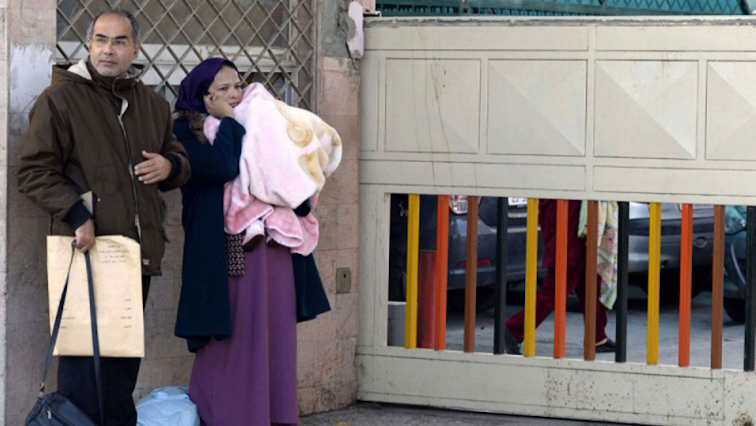Tunisian official statistics indicate that there have been significant changes in the demographics, as the size of the family has declined from more than 5 members in the mid-nineties to less than 4 members today, an average of 3.8 members.
The Director General of the National Institute of Statistics, Adnan Lasoud, said in a speech during a seminar on the “Tunisian family” that women’s fertility rates have declined from about 6 children in the mid-seventies to less than two currently, and the age of marriage for women has risen from 24 years in the eighties to 30 years now.
Statistics also showed a decline in the number of marriages from about 110,000 in 2014 to 77,000 marriages in 2023 and a decline in the number of births from 225,000 to 160,000 births in the same period.
This decline has a significant impact on Tunisia’s aging demographics, especially after the end of the demographic transition in 2010.
In previous statements, the director of demographic statistics at the National Institute of Statistics, Houda Bouhlal, considered that the decline reflects the social, cultural, and economic situation and the thinking of an entire society, noting that this is more related to the marriage factor and the age of married women.
“We have recently noticed a decline in the rate of marriage, either due to economic conditions or individual choices. Marriage is no longer a priority for women, and the fertility rate has declined in recent years.”
“Another economic factor is that the child has become expensive and there is a certain culture that has been adopted in our society. “The decline in births reflects a changed culture among Tunisians and the choices they have made.”
“Every new marriage means a new birth statistically, and therefore the decline in marriage contracts in the country has contributed to the decline in the rate of births, leaving demographic effects on society, which may move further towards population aging in the coming years if marriage rates continue to be low,” she said.
Former Tunisian president summoned to trial following televised interview
